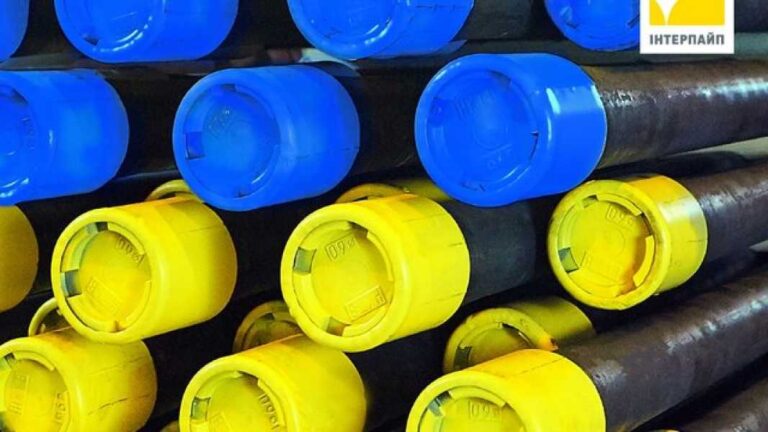The National Bank of Ukraine raised the key rate from 14.5% to 15.5%
Facts Economy Sports Investments Diplomacy Regions Projects
Special topics:
Red Cross Ukraine Reconstruction Military Energy Open4business

The National Bank of Ukraine (NBU) management announced on Thursday its decision to raise the key interest rate from 14.5% to 15.5% per annum, effective March 7, in response to rising inflation. The increase is in line with financial market expectations and the central bank's forecasts made in January.
“The Board of the National Bank of Ukraine has decided to increase the key rate to 15.5% per annum and amend the operational framework parameters of the interest rate policy. These measures are aimed at maintaining the attractiveness of hryvnia savings, ensuring the stability of the foreign exchange market and containing inflation expectations, which will help return the sustainable trajectory of disinflation to the target level of 5%,” the regulator said in a press release on its website.
As a result, the rate on overnight deposit certificates was also increased to 15.5%, the rate on three-month deposit certificates to 18%, and the rate on overnight refinancing loans to 18.5%.
The NBU emphasized that the more significant than expected fundamental inflationary pressure and high pro-inflationary risks increase the threat of worsening inflation expectations and maintaining high inflation levels for a long time. Accordingly, the likelihood that the key rate reduction cycle will begin later than assumed in the January macroeconomic forecast has increased.
“If inflation risks continue to grow, the NBU will undoubtedly make a decision to further tighten interest rate policy,” the National Bank said.
In January, inflation increased to 12.9% year-on-year, and the NBU expects it to continue to rise in February. The increase in consumer inflation is primarily due to temporary factors that were predictable and largely in line with the central bank’s expectations. However, the regulator noted that fundamental inflationary pressures increased due to rising business costs for energy and labor, coupled with strong consumer demand. As a result, core inflation rose quickly, exceeding forecasts, especially in the services sector.
“Inflation will increase in the coming months due to the continuing impact of last year's poor harvest and rising production costs for companies. At the same time, the NBU's measures to tighten monetary policy will contain underlying inflationary pressure, and the arrival of new harvests in the summer will help mitigate the rise in food prices,” the National Bank predicts.
The NBU expects inflation to return to a downward trajectory in the second half of the year as temporary inflationary factors ease. By the end of the year, inflation is expected to decline to single digits and eventually reach the 5% target for the entire duration of the policy.
“The situation with a full-scale war remains the main risk for inflation and economic development,” the press release states.
As reported, at the end of January the NBU revised its inflation forecast for the current year from 6.9% to 8.4%, including changing it upwards for the first quarter from 11.4% to 14.3%.
The regulator also adjusted its forecast for the key interest rate, expecting it to rise from 14.5% in the first quarter of 2025 to 15.4% in the second quarter, and then gradually decline to 14.5% and 13.1% on average in the third and fourth quarters of this year.
The latest increase in the key rate was the third since mid-December 2024. Previously, the NBU kept the rate at 13% for six months after cutting it in seven stages from 25% in July 2023.
Source: Source



